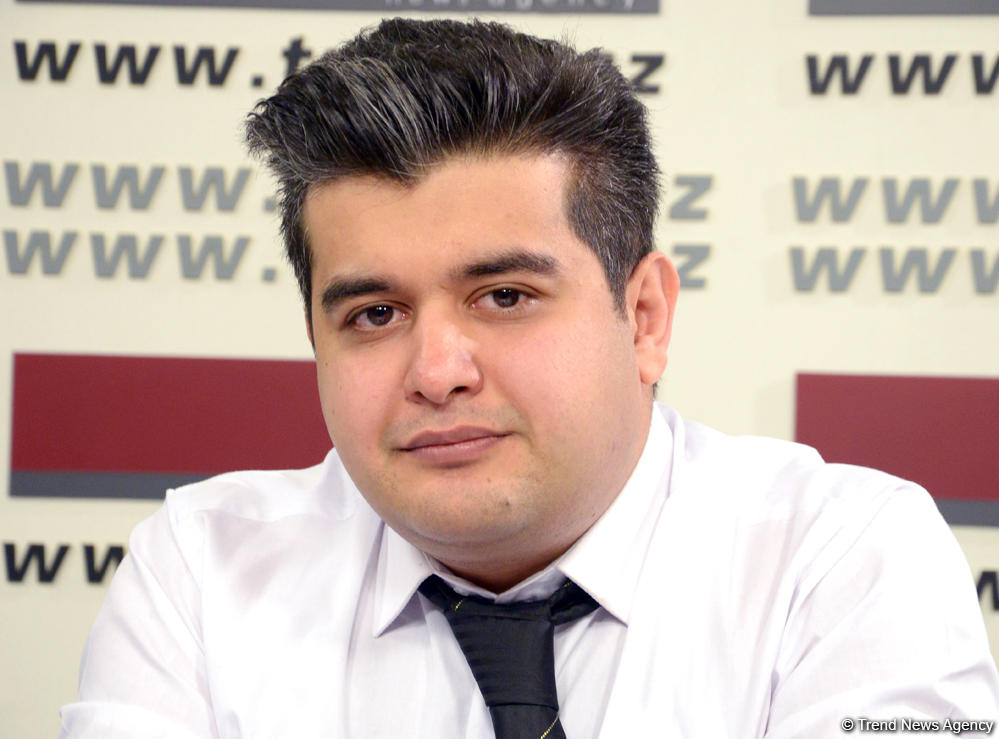Baku, Azerbaijan, Nov. 9
By Farhad Daneshvar- Trend:
About 20 countries including President Bashar al-Assad's key allies and opponents are getting ready to attend the second round of the latest peace talks on Nov. 12 in a bid to end the Syrian crisis while Assad's fate still remains as the main sticking point in the talks.
The USA, Russia, Saudi Arabia, Turkey and Iran as well as the armed opposition groups are among the main key players in the Syrian crisis.
The first round of talks held in Vienna on Oct. 30 failed to reach an agreement on Assad's fate as Tehran expressed support for the President Assad's government while the rival Saudi Arabia demanded him to leave the country.
It appears that Saudi Arabia, Turkey as well as most of the armed opposition groups insist on President Assad's removal and it is very unlikely that the Sunni governments and armed opposition groups aim to tolerate the Iran-backed Syrian president.
The four-year-old crisis has reportedly cost too much for Assad's key ally, Iran, as Tehran has spent much on Syria to provide military support for the isolated president as well as equipping, deploying and training foreign troops in Syria.
Tehran has lost at least 40 servicemen including high-ranking commanders since the Syrian army, backed by the Russian Air Force, Iran's Islamic Revolution Guards Corps (IRGC) and the Lebanon's Hezbollah launched the massive "Muharram" operation on October 15, aimed at taking over the control of Aleppo.
It seems that Syrian army and its allies have launched the massive operation prior to the peace talks in a bid to earn more in the upcoming talks.
Tehran argues that its great support for the key Arab ally is aimed at preventing the spread of "terrorism" into its own land. However the fact that Syria shares border with Iran's sworn enemy, Israel, puts up the idea that Tehran treats Damascus as its frontline against Tel Aviv.
At the same time Tehran views Damascus as a supply route linking Iran to its strategic ally, the Lebanon's Hezbollah.
Although Iran denies it has deployed any troops in Syria and it has only provided Damascus with military advisers, hundreds of Iranian nationals and Shia Afghans residing in Iran have been reported killed since the deadly war broke out in the early spring of 2011 as part of Arab spring.
It is not a secret that the Western imposed sanctions have heavily harmed Tehran's economy. To fulfill his campaign promises about improving the country's economic situation, President Hassan Rouhani also would prefer to invest more in the domestic economy rather than the endless war in Syria.
Four Iranian government ministers have recently written a letter addressing President Rouhani to warn of a possible economic crisis because of the plunge in prices of oil.
Following Assad's request for military assistance Moscow openly appeared in Syria launching a series of airstrikes against armed opposition groups in Syria on Sept. 30.
Meanwhile Russia's economy has been weakened following the tensions with the West over the Ukrainian civil war and Moscow's massive airs trikes in Syria has perhaps put a heavy financial load on President Vladimir Putin's government.
Top Iranian leaders have already proven that they sometimes tend to show flexibility in their most rigid political views under certain circumstances as they did during the nuclear talks with the west or making the final decision to end Iran-Iraq war in 1980s.
Although Tehran has expressed its opposition against any plan that would try to put aside the current Syrian government, Assad's opponents insist on his removal.
However Tehran also says it is the Syrian nation who must have the final say about their fate.
"No country, including Turkey, the US, Saudi Arabia, and even Iran, can say anything about the rights of the Syrian people. Only the Syrian people can decide on their future," the Iranian deputy foreign minister, Hossein Amir Abdollahian, said Nov 1.
Therefore holding a nationwide election to clarify the current government's fate remains as a possible option on the table to end the crisis.
"Damascus supports a political solution based on elections and preventing foreign intervention," Iranian deputy foreign minister, Hossein Amir Abdollahian, briefed his Russian counterpart, Mikhail Bogdanov, on Nov 5 elaborating on Syrian government's opinion to end the Syrian crisis.
Farhad Daneshvar is Trend Agency's staff journalist, follow him on Twitter: @farhad_danesh






